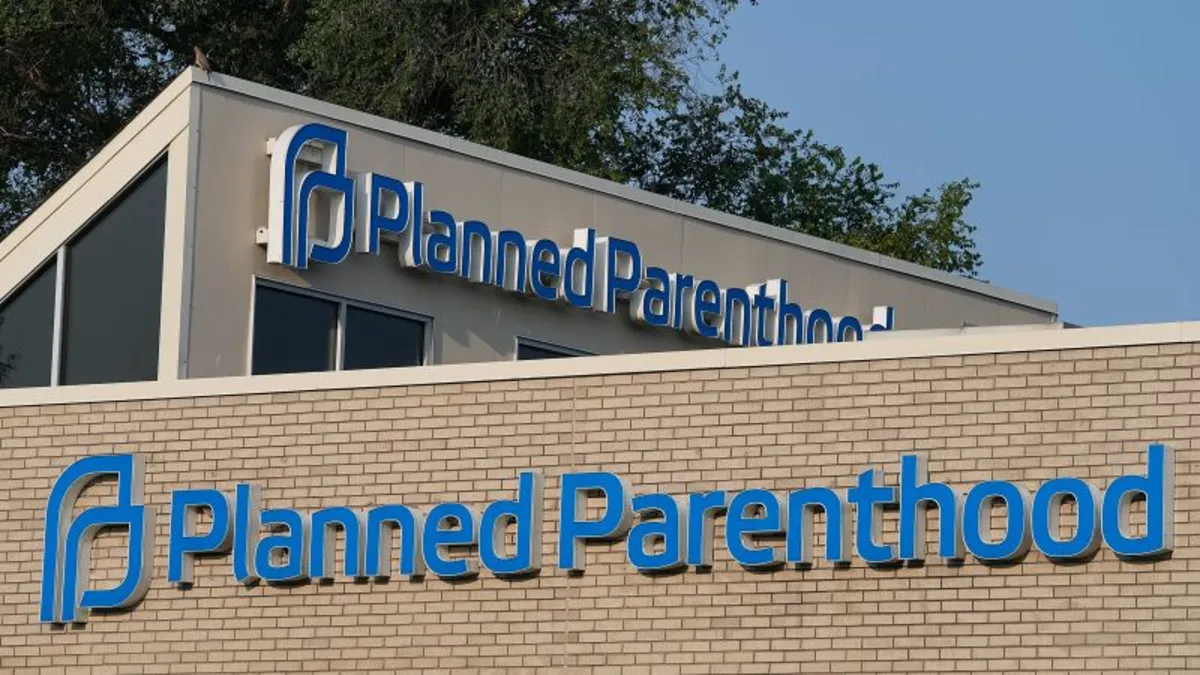
A federal judge has issued a temporary order halting the Trump administration from enforcing a controversial provision that aims to defund Planned Parenthood’s essential health care services. This decision comes from US District Judge Indira Talwani, who was appointed by former President Barack Obama. The ruling suspends the enforcement of this provision for a period of 14 days.
The problematic measure is designed to restrict Medicaid users from accessing coverage through health care providers that also offer abortion services. On the same day, the Planned Parenthood Federation of America, along with the Planned Parenthood League of Massachusetts and the Planned Parenthood Association of Utah, filed a lawsuit against the administration. They argue that this funding ban could have devastating consequences for health care access across the nation.
Although the legislation signed by Trump does not name Planned Parenthood directly, it is clearly aimed at the organization, which is a leading provider of family planning and health care services. The new law prohibits federal funding for any providers that are “primarily engaged in family planning services, reproductive health, and related medical care” if they also provide abortion services. This could potentially jeopardize nearly 200 clinics across the country that offer vital services such as birth control, STI testing, treatment, and cancer screenings.
According to Planned Parenthood, about 90% of these clinics are situated in states where abortion is legal. “This case is about ensuring that patients who rely on Medicaid for birth control, cancer screenings, and STI testing and treatment can continue to receive these services at their local Planned Parenthood health center,” stated Alexis McGill Johnson, the president and CEO of the Planned Parenthood Federation of America.
Initially, the bill intended to impose a funding ban for ten years; however, after intervention from the Senate Parliamentarian, Elizabeth MacDonough, this period was shortened to one year. Following the judge's order, the Planned Parenthood Federation of America and the associated networks expressed relief but also warned of dire consequences if this provision is ultimately allowed to take effect.
“In states across the country, health providers and clinic staff have been forced to deny services to patients using Medicaid for basic sexual and reproductive health care due to the law passed by President Trump and his supporters in Congress,” the organizations remarked in a statement. “There are no alternative providers capable of filling the gap if the defunding of Planned Parenthood is permitted to continue.”
In response to the lawsuit, anti-abortion advocates have voiced their opposition. Katie Daniel, the director of legal affairs and policy counsel for Susan B. Anthony’s Pro-Life America, stated, “Planned Parenthood’s desperation is showing as they run to the courts again to fix a crisis of their own making.”
In addition to this funding battle, Planned Parenthood is also engaged in legal disputes with the Trump administration concerning cuts to a federal teen pregnancy prevention program. In a June hearing in a federal District of Columbia court, lawyers representing five Planned Parenthood networks argued that the administration's modifications to the program could potentially bar Planned Parenthood from delivering long-standing services, citing vagueness in the new guidelines regarding diversity and equity.
This ongoing legal saga underscores the contentious atmosphere surrounding reproductive health and funding in the United States, with significant implications for health care access and the future of organizations like Planned Parenthood.